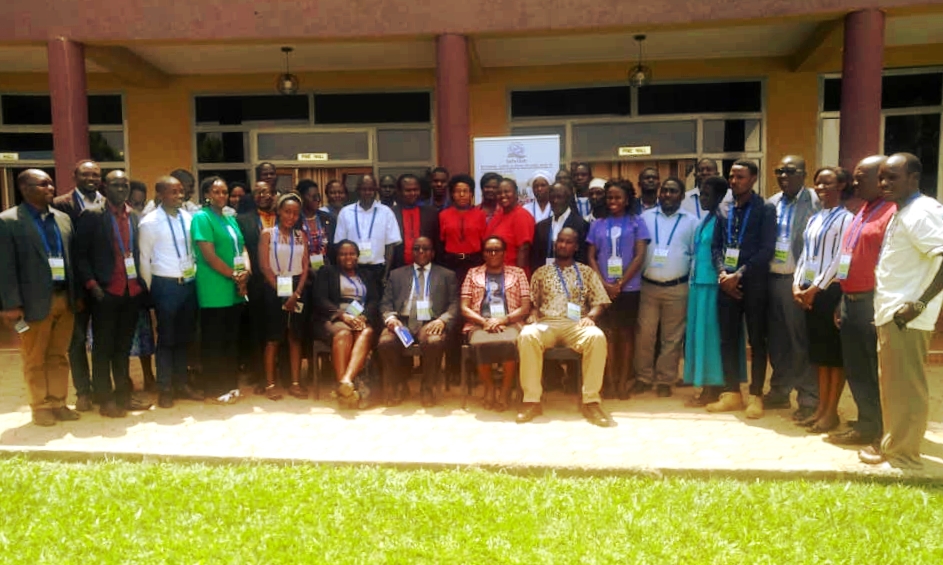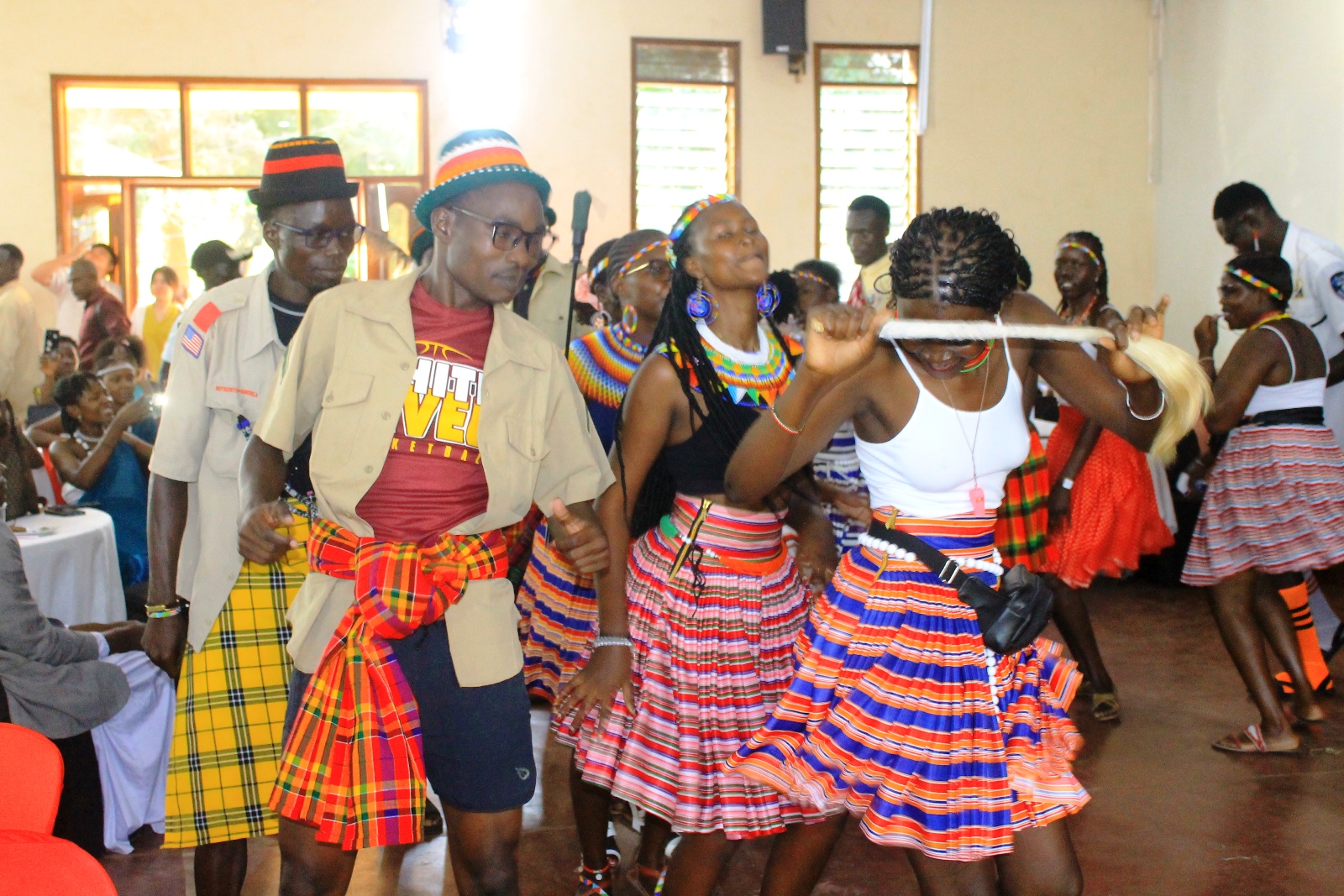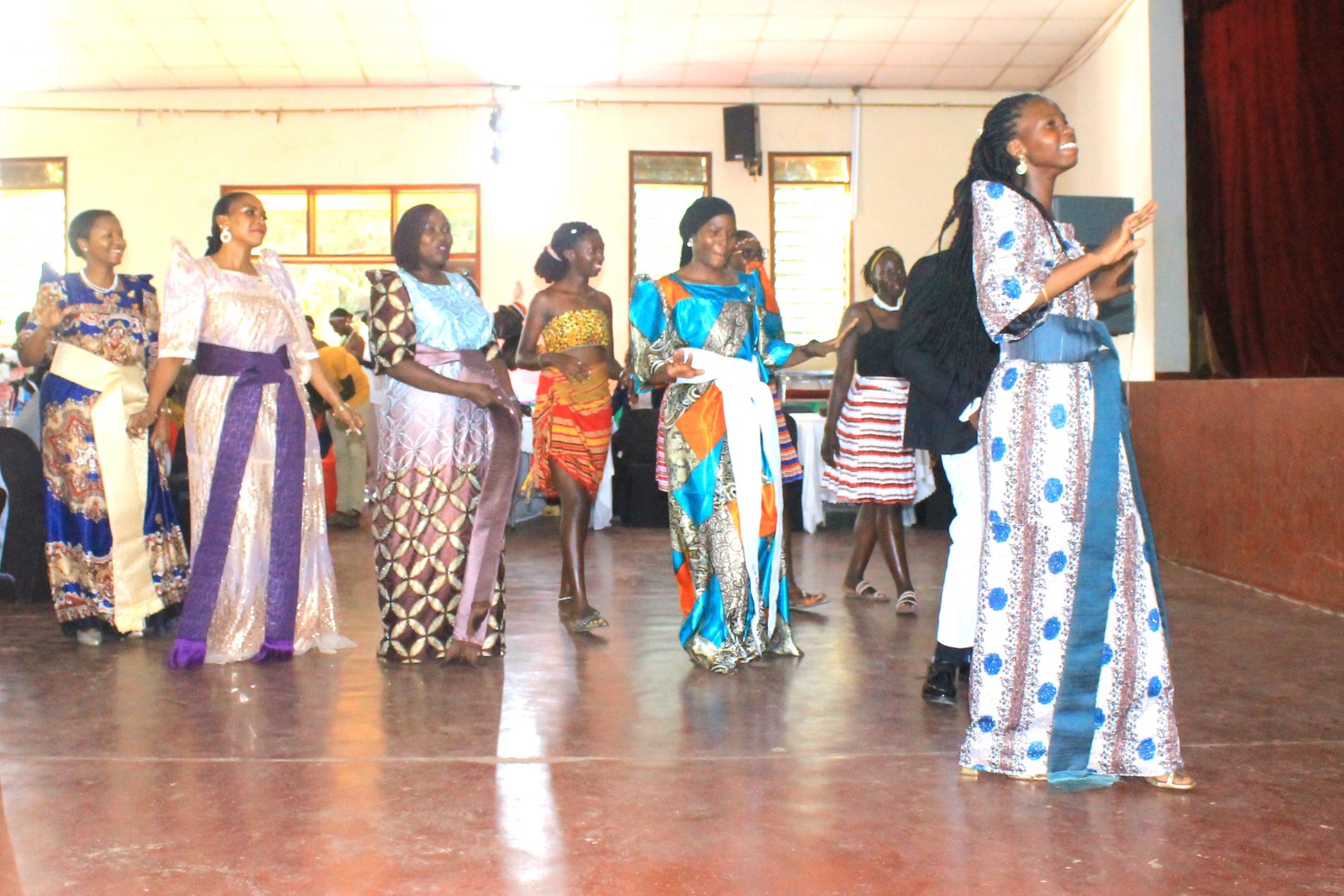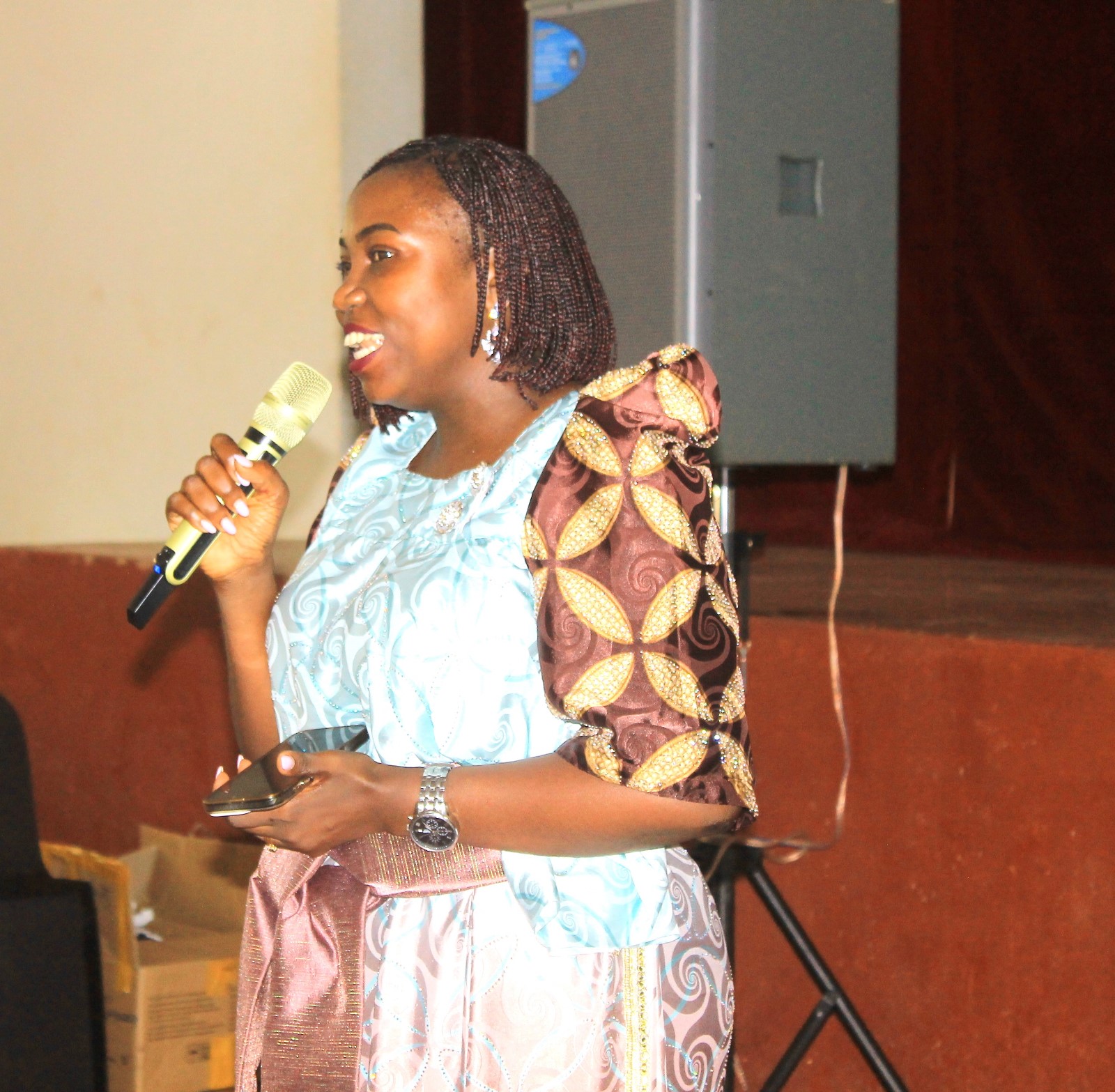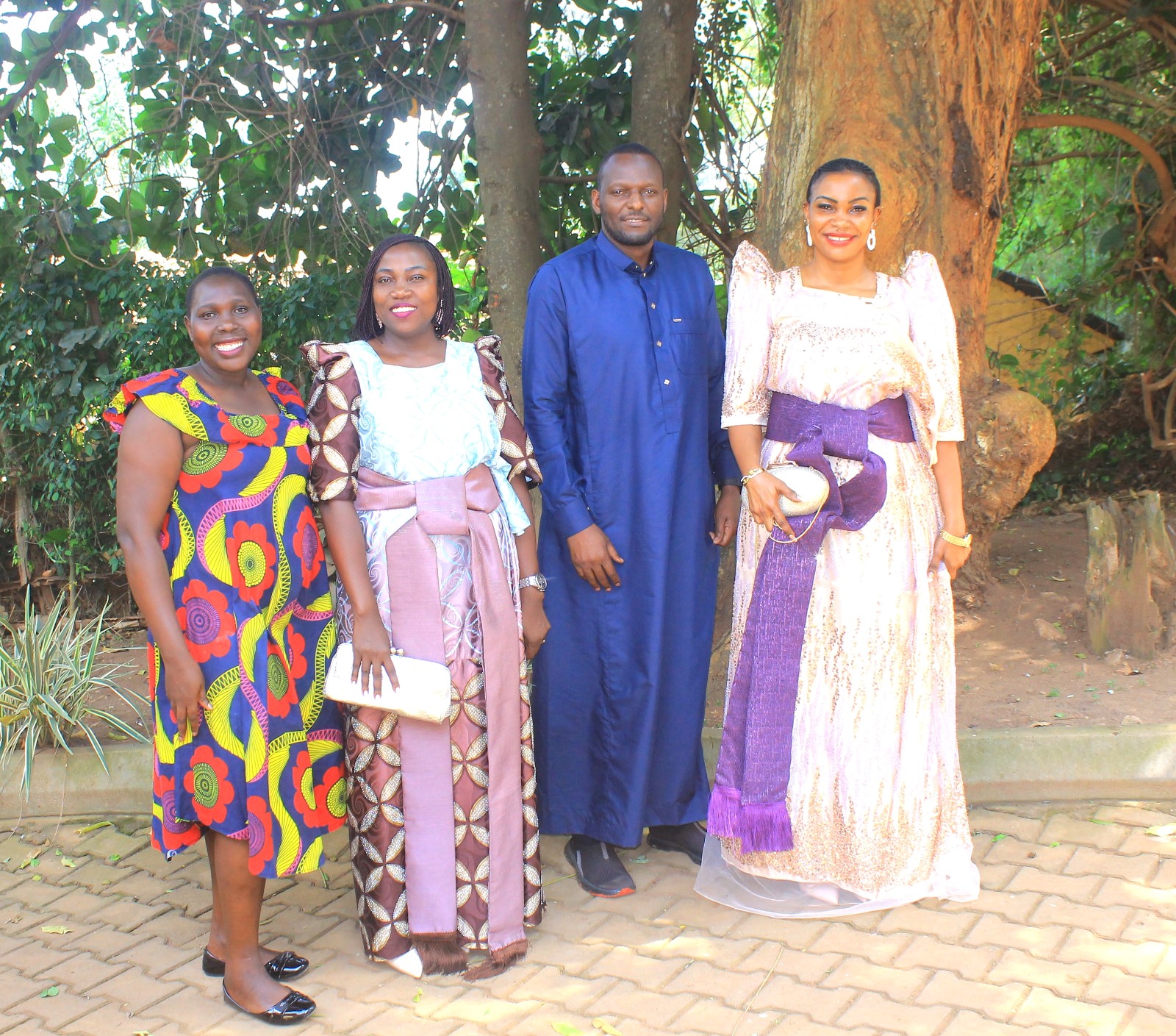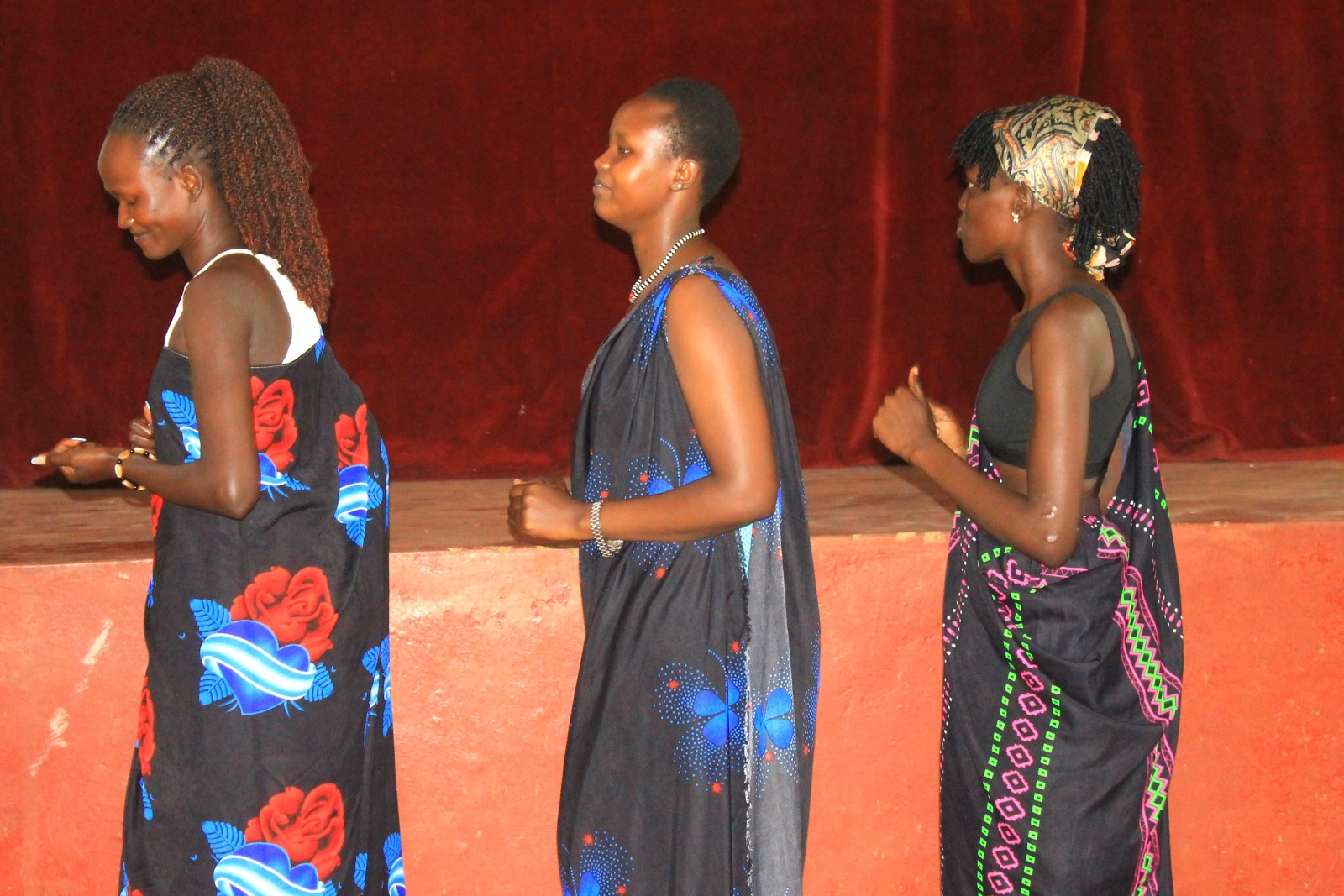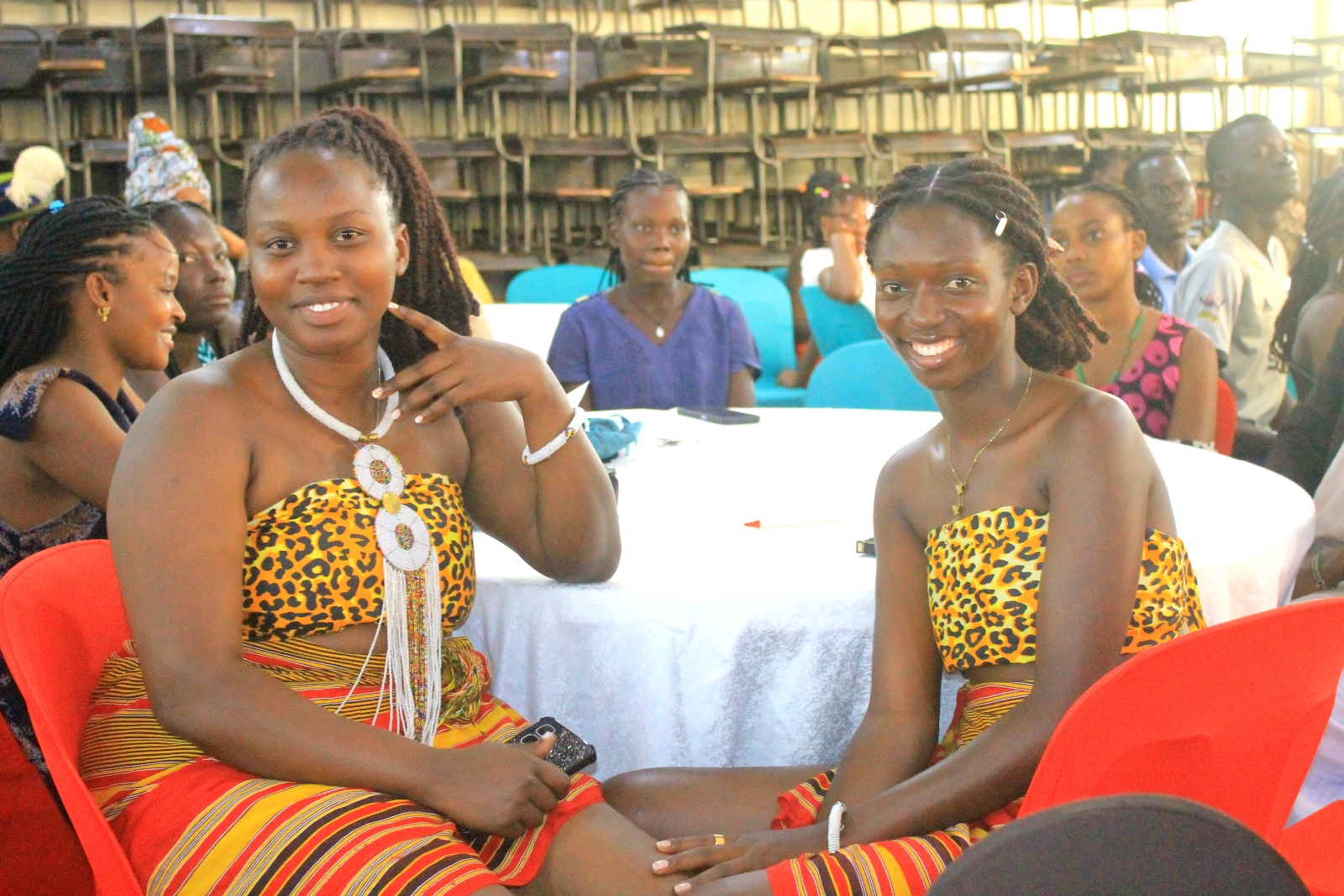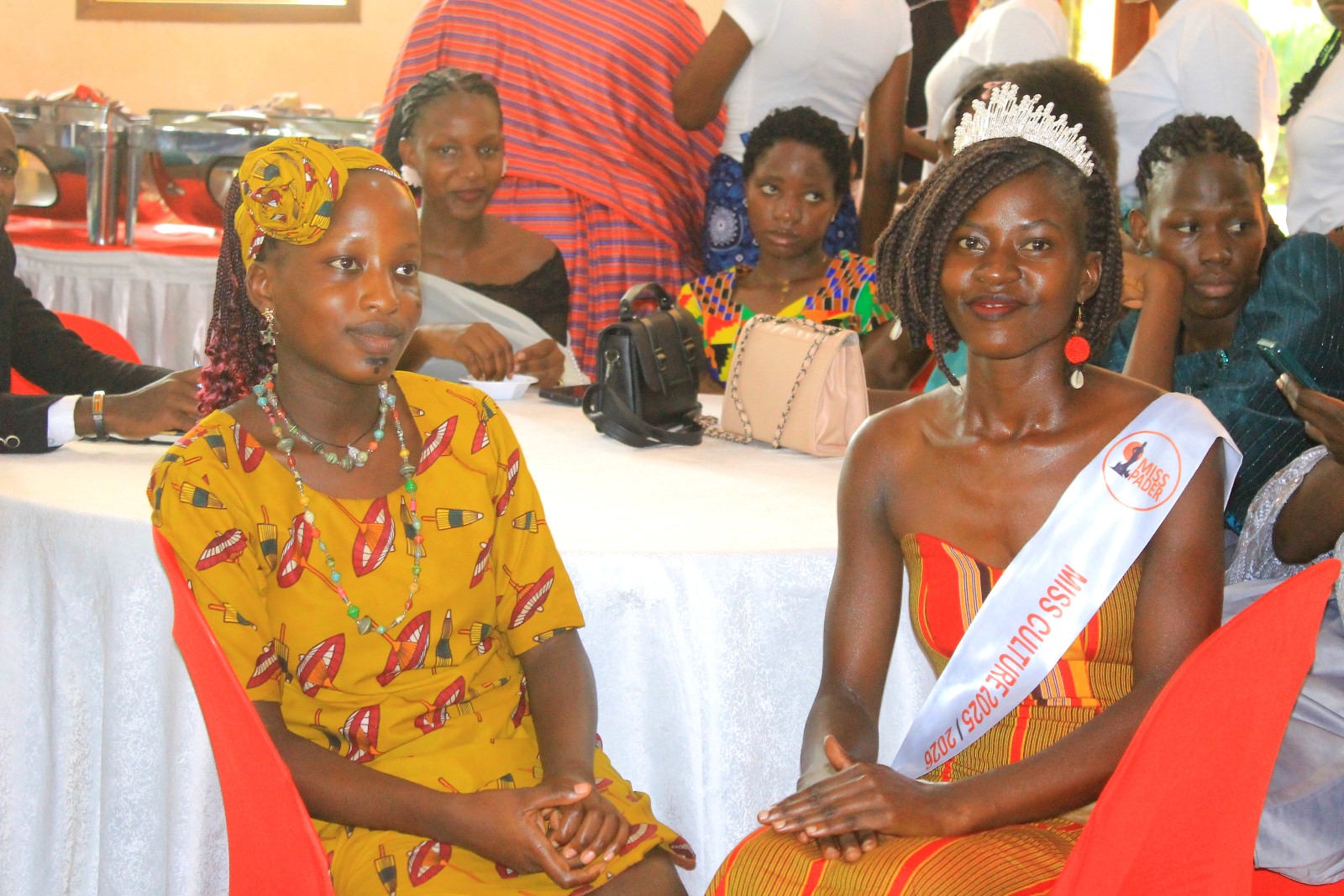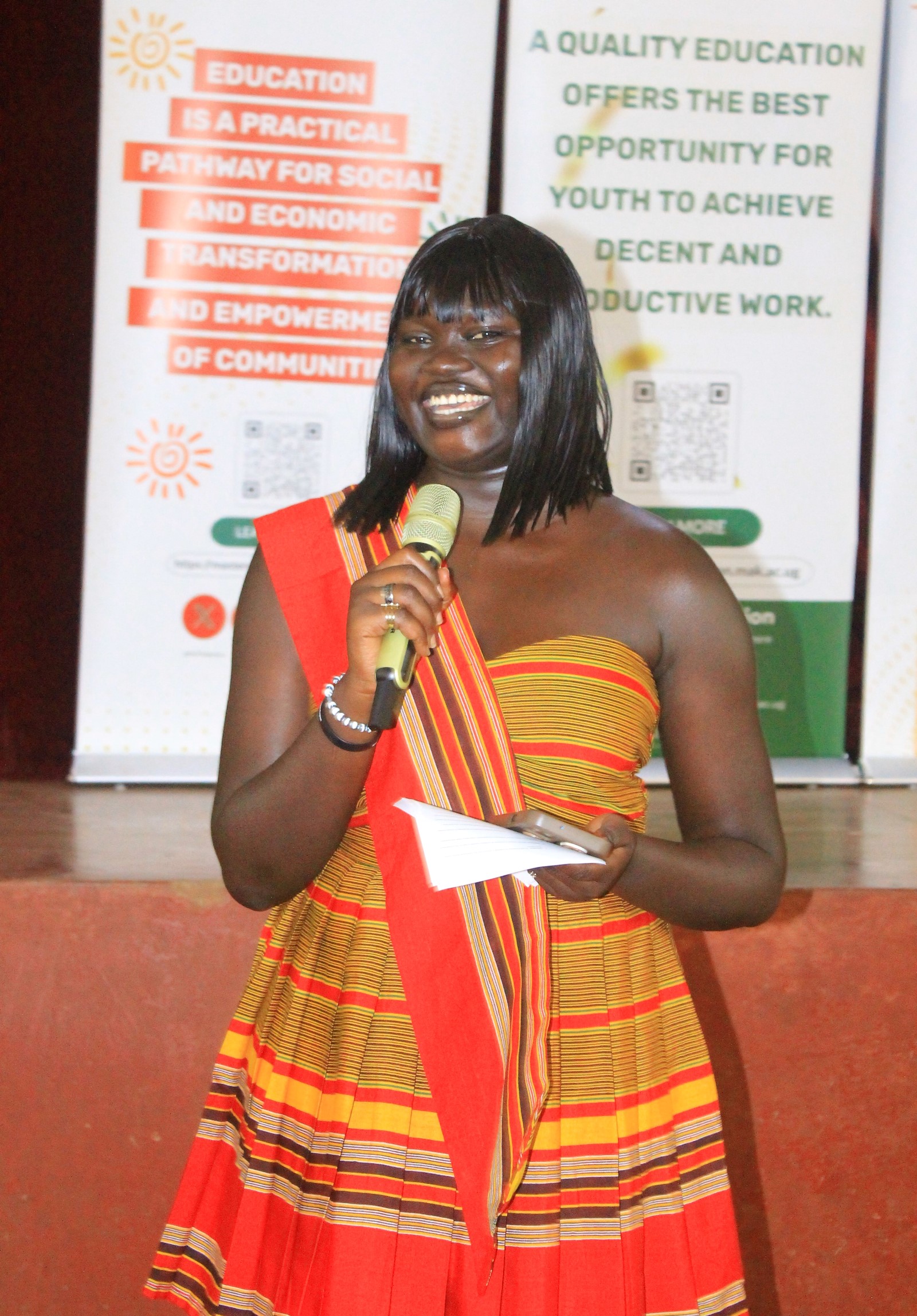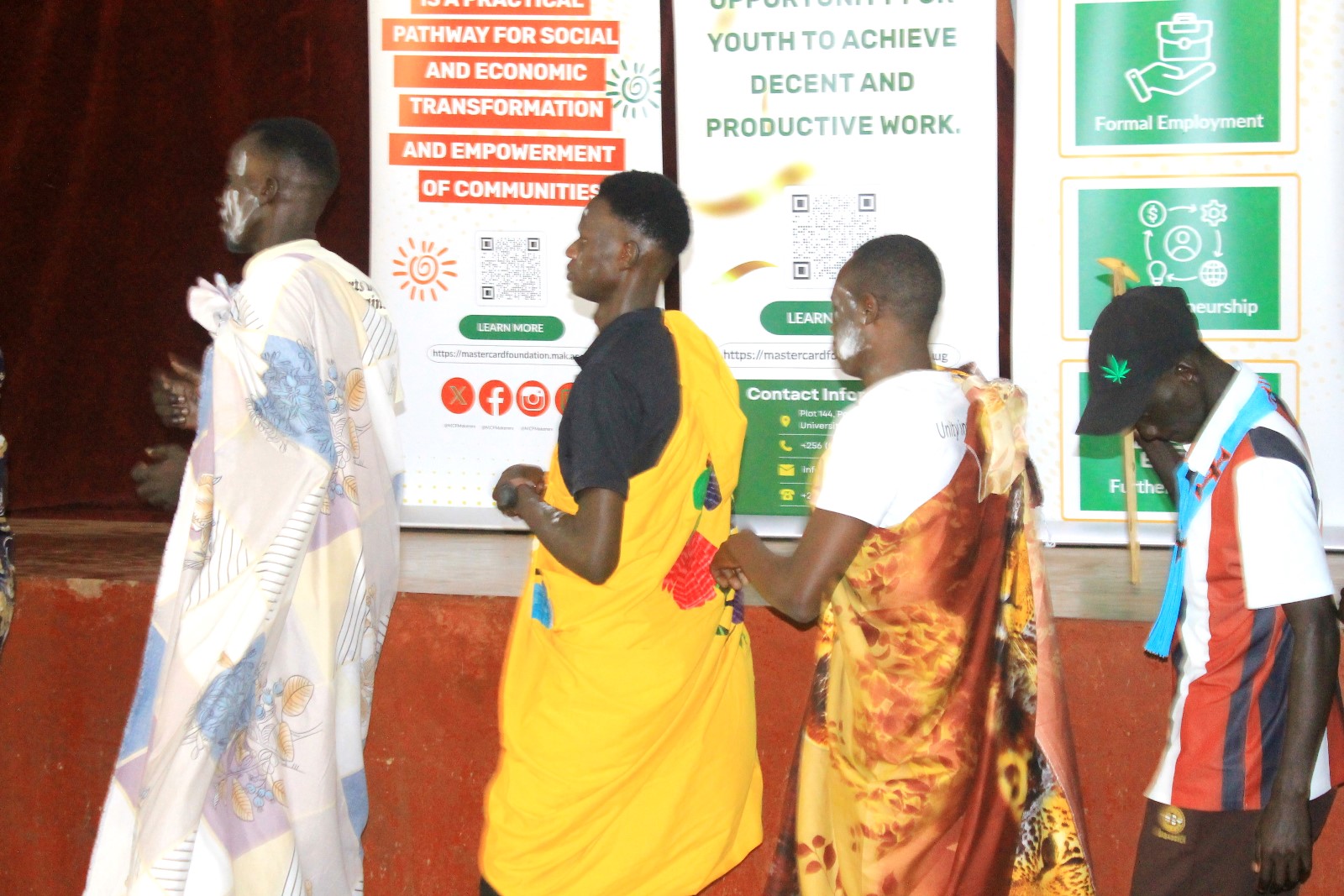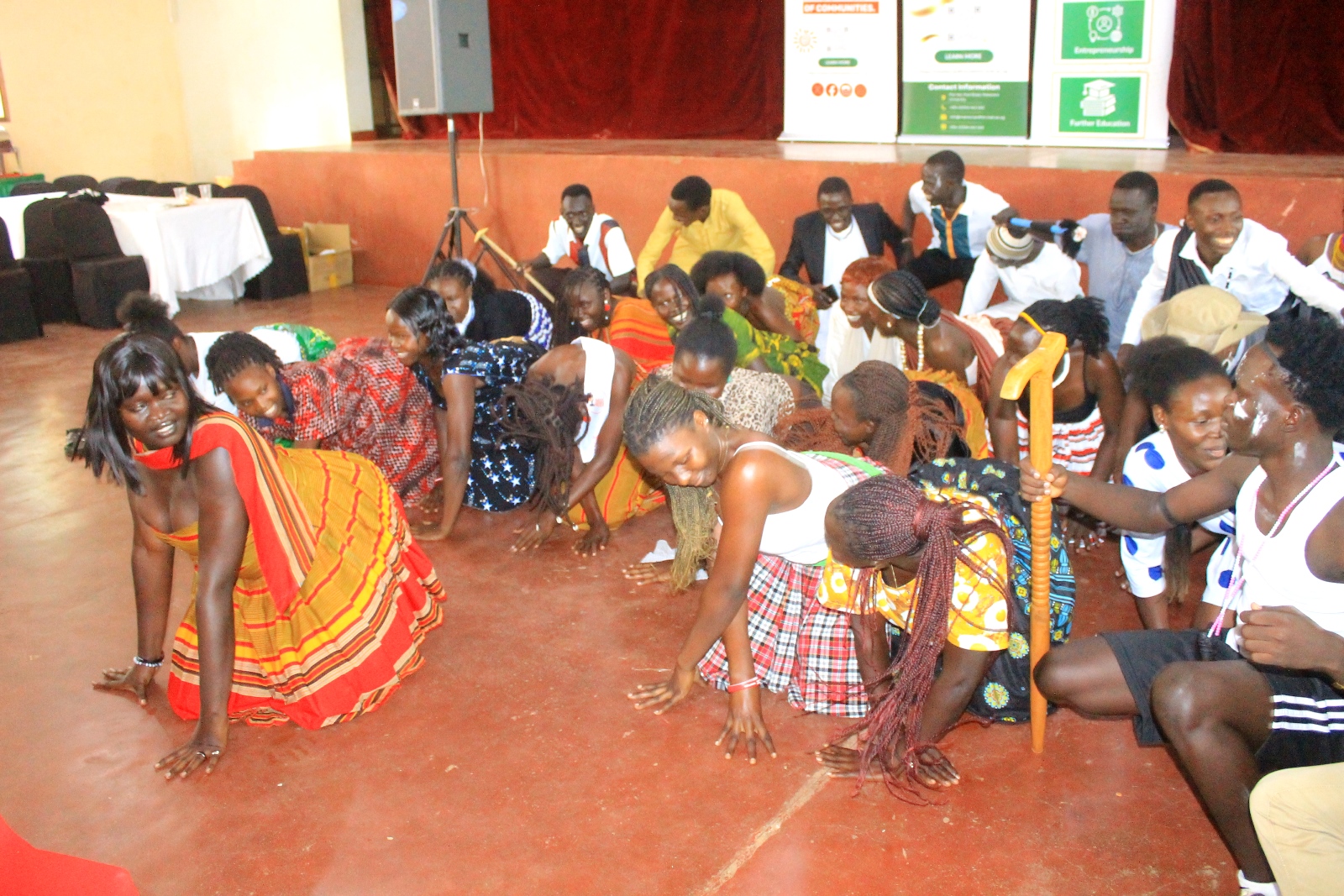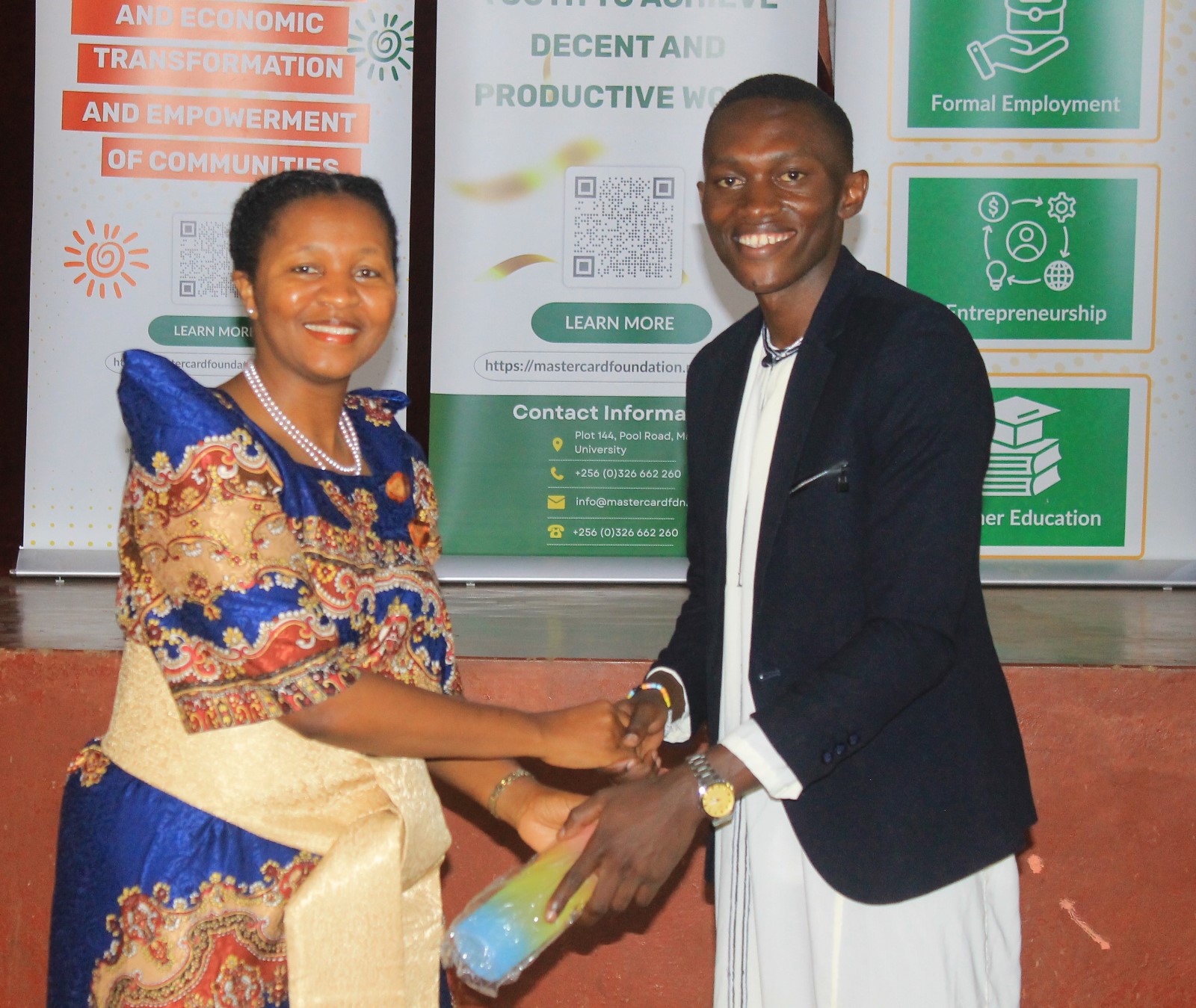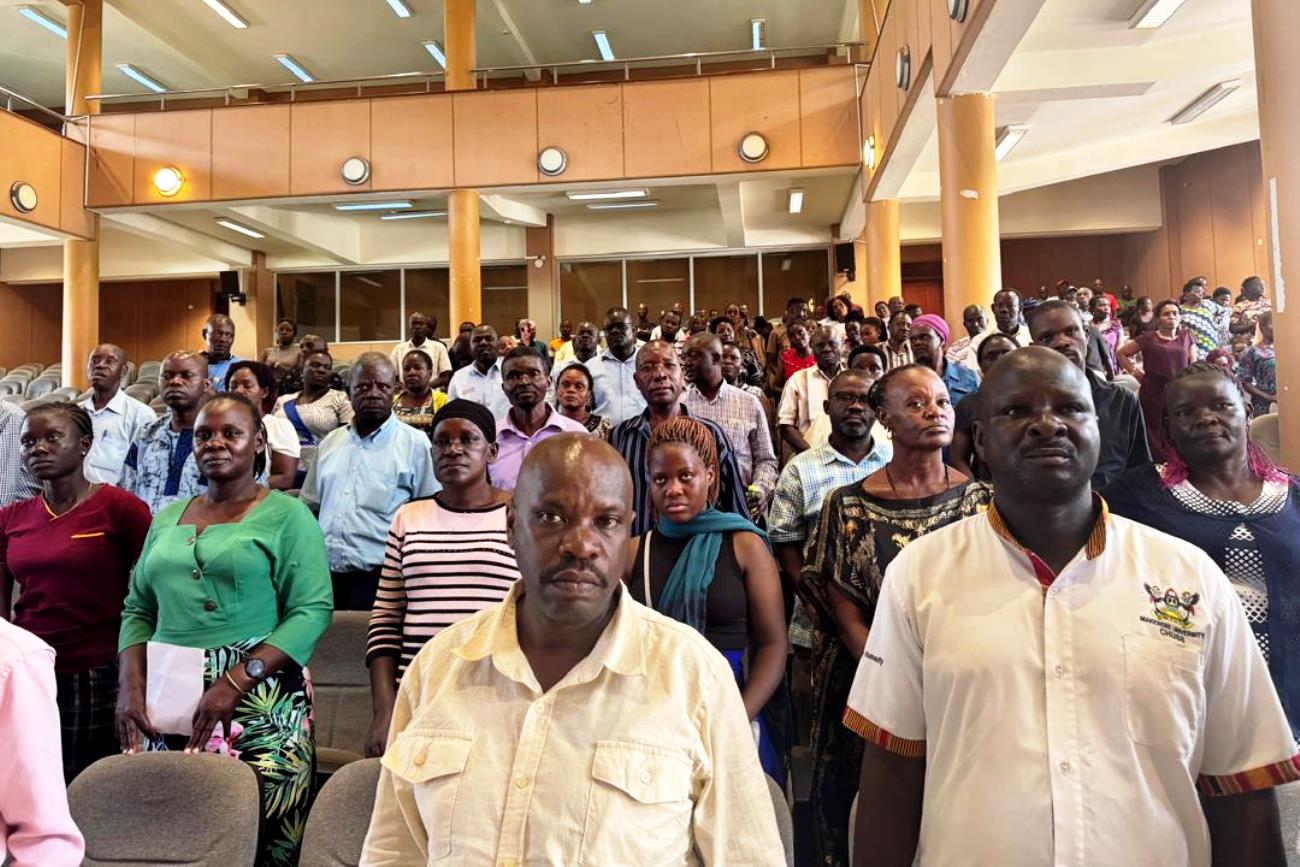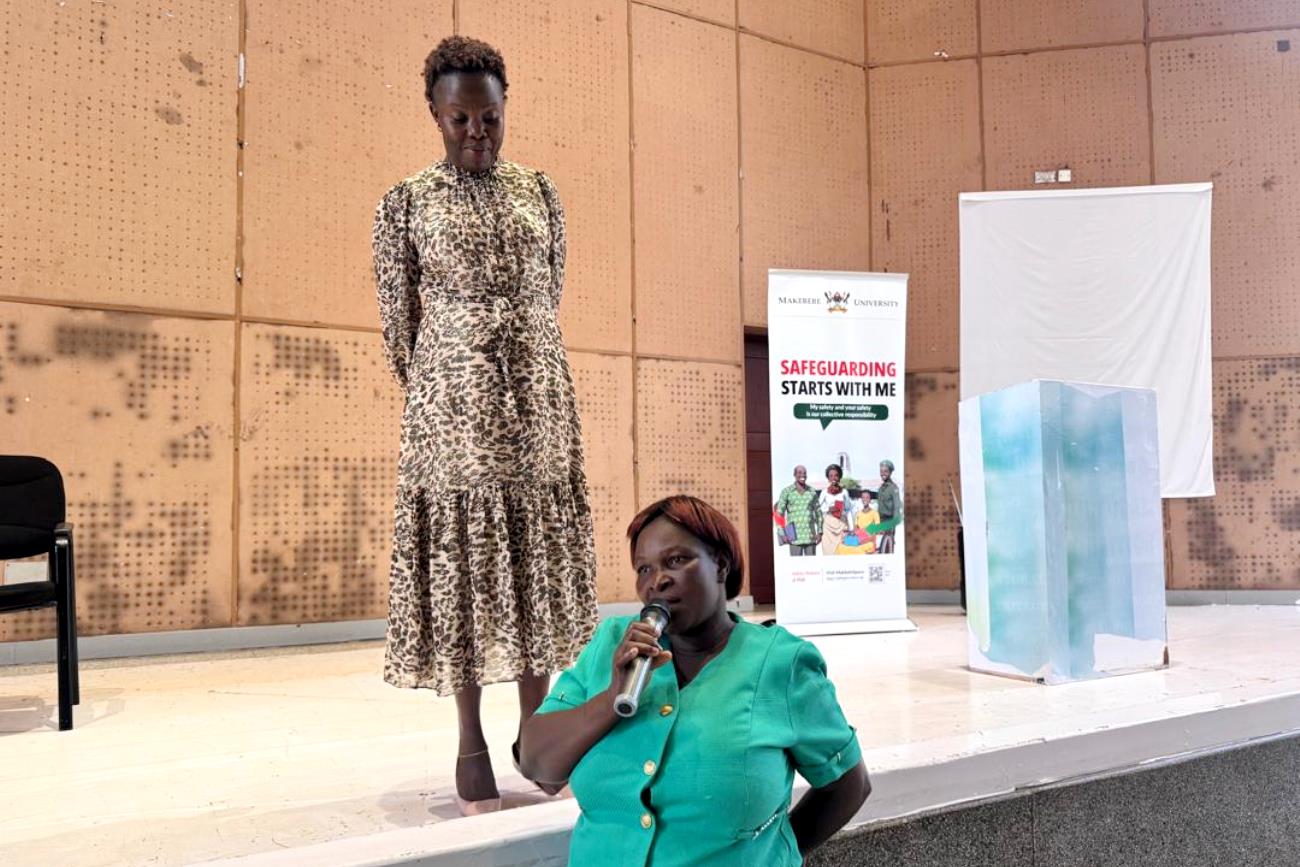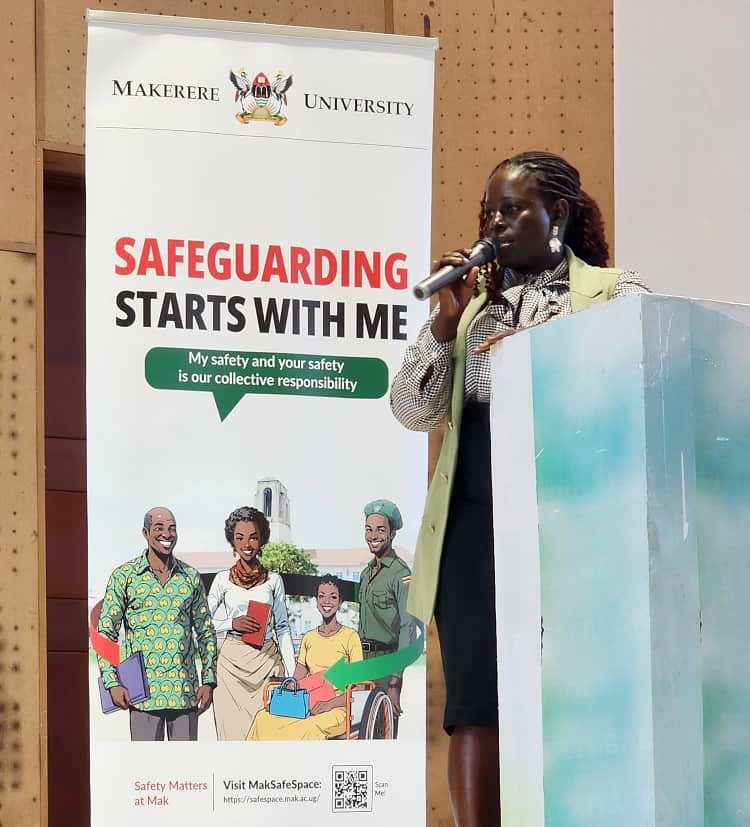“Eating Healthy, Eating Safe: The Natural Enemies of Bacteria Approach.”
The world is facing a health problem arising from the usage of chemicals, anti-biotics and other drugs in farming hence the need for alternative approaches aimed at providing healthy and safe products for both human and animal consumption.
To find a lasting solution, a team of researchers at Makerere University College of Veterinary Medicine, Animal Resources and Bio-Security embarked on a three year research project to enhance the health and safety of fish in Uganda and Ghana.
This was revealed during the Stakeholders’ meeting for SafeFish project officially opened by Prof. David J. Kabasa, Principal of Makerere University College of Veterinary Medicine, Animal Resources and Bio-Security on Thursday 15th August 2019. The meeting attracted farmers from the Northern, Central, Eastern and Western regions of Uganda, Government Officials, and representatives from the fish sector, policy makers, academicians and partners under the One Health Approach.
The three year research (December 2018 to December 2021) dubbed the SafeFish project is an innovation championed by Makerere University and other partners to boost the Aquaculture sector by developing natural enemies of bacteria (bacteriophages) to improve fish health management, ensure safe fish production and increase fish productivity for local consumption and export.
Through the SafeFish project, the on-going research seeks to tap into the opportunities presented by the ever increasing demand for fish at the national and global levels, reduce the threats from diseases that affect fish, and conform to guidelines from health regulators such as the World Health Organisation (WHO) and the European Union against the use of chemicals, anti-biotics and other drugs in fish farming.
According to the Principal Investigator, Dr. Jesca Lukanga Nakavuma, the SafeFish project is an innovation that provides a safe and healthy alternative of using natural enemies of disease-causing agents (bacteriophages) to improve disease prevention and control in farmed fish.
Dr. Nakavuma who is also a Senior Lecturer and Microbiologist at Makerere University highlighted that in this era of rampant drug resistance, phages are currently explored globally as alternatives for management of bacterial diseases. Bacteriophages are enemies of bacteria and occur naturally in the environment and in gastrointestinal tract of animals and humans where specific bacteria exist.
“In the developed countries, phages are already being used to ensure that citizens consume healthy and safe products. It is therefore timely for the developing world to follow suit. The SafeFish project championed by Makerere University in collaboration with partners will ensure that Ugandans and Africans in general develop and use phages (bacteriophages) in fish farming,” said Dr. Nakavuma.
Funded by the African Union, the SafeFish project will develop bacteriophage cocktails as fish disease bio-control agents for improved aquaculture productivity among tilapia farmers, and for economic and social development by addressing food and nutrition safety in Ghana and Uganda.
Prof. Kabasa commended Dr. Nakavuma and the entire research team for competing and winning the African Union Grant and contributing to the realization of the Makerere University research agenda through the SafeFish project that will impact lives nationally and globally.
“I encourage you to put much effort on the research for phages. The SafeFish research will impact lives nationally and globally. World over, there is an increasing demand for eating healthy products with special attention to white meat such as fish. So, development of phages through the SafeFish project undertaken by Makerere University College of Veterinary Medicine, Animal Resources and Bio-Security will reduce the burden of diseases affecting fish, result in safe and healthy fish as well as increased productivity of fish,” said Prof. Kabasa.
With the development and application of phages in fish farming, Prof. Kabasa envisioned a booming Aquaculture sector in Uganda with fish farmers earning mega income from supplying fish for local consumption and export.
“The statistics indicate that out of the current demand for fish, you are only supplying 0.01% of fish. You should therefore embrace the SafeFish project to come up with phages (bacteriophages) to boost fish farming. When you increase the supply of fish and meet the market demand for fish worldwide, you will bid farewell to unemployment and poverty,” he remarked amidst applause from farmers, policy makers, representatives of Government, academia and private sector.
Dr. Rose Ann Ademun, the Commissioner-Animal Resources at the Ministry of Agriculture, Animal Industry and Fisheries stressed the importance of regulation in fish farming. “Regulation is for the good of us. With regulation, we are in position to ensure quality and safety of products. I also encourage farmers and researchers to always report diseases affecting fish to the Chief Veterinary Officer,” she said.
Commenting on the need for Stakeholder engagement and involvement, Dr. John Walakira, Member of the Research Team informed the participants that the research team has reached out to a number of partners. Dr. Walakira pointed out that the ongoing research has been enriched by field visits, interactions with fish farmers, stakeholder meetings and a series of trainings.
“We visited most of the fish farms in Uganda. We interacted with farmers. We are today holding the Buy-In workshop for stakeholders. We will continue to involve the fish farmers and other stakeholders at the next levels of this research. We will also conduct a series of trainings.”
Presenting the Policy issues in the fisheries sector, Dr. Maureen Nanziri Mayanja, a Member of the Research team reiterated that the SafeFish project research on alternative approaches to disease management on top of others will be a contribution to the ecological factor considerations. “This is an ecological safe way of managing fish and aquaculture in general.”
Important Facts:
Mak Research Team comprises: Dr. Jesca Lukanga Nakavuma, Dr. John Walakira, Dr. Samuel P. Wamala, Mr. Deus Kamya, Dr. Claire M. Mugasa, Dr. Maureen N. Mayanja, supported by Ms. Lillian Tukahirwa and Ms Rose Vivian Mudumba.
The Safe Fish Project Partners include: NARO-NaFIRRI, Department of Fisheries and Aquatic Sciences-University of Cape Coast, Ghana, Council for Scientific and Industrial Research (CSIR)-Food Research Institute of Ghana, CSIR-Water Research Institute of Ghana, Fishery and Aquaculture Division, Noguchi Memorial Institute for Medical Research; University of Ghana-Legon, Department of Infection, Immunity and Inflammation, University of Leicester, UK.
Article by: Ritah Namisango, Mak Public Relations Office

 Agriculture & Environment2 weeks ago
Agriculture & Environment2 weeks ago
 General1 week ago
General1 week ago
 Health2 weeks ago
Health2 weeks ago
 Research2 weeks ago
Research2 weeks ago
 Health1 week ago
Health1 week ago